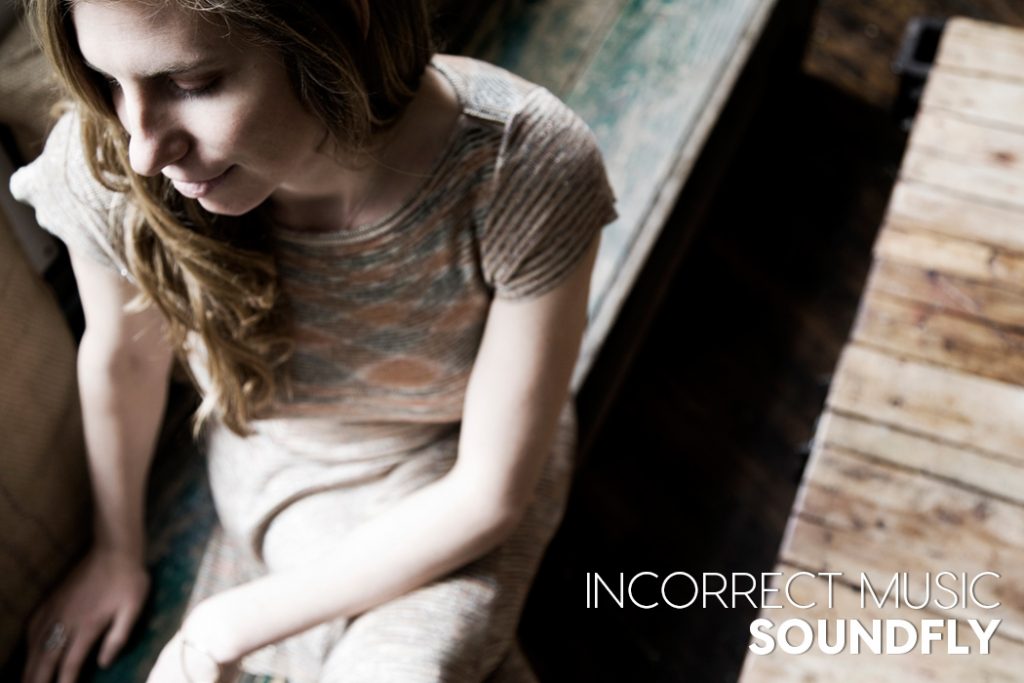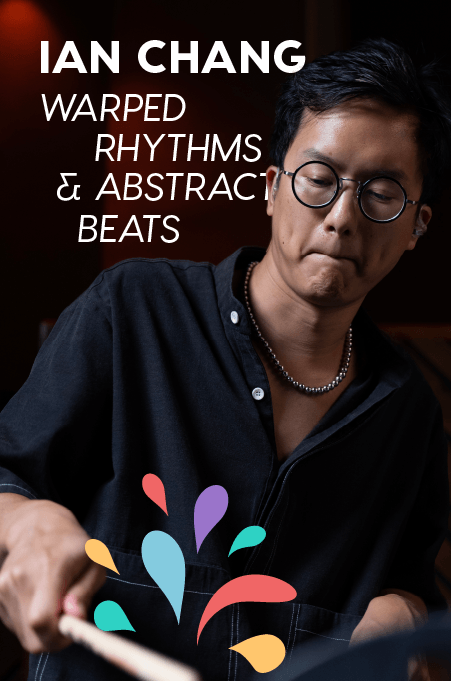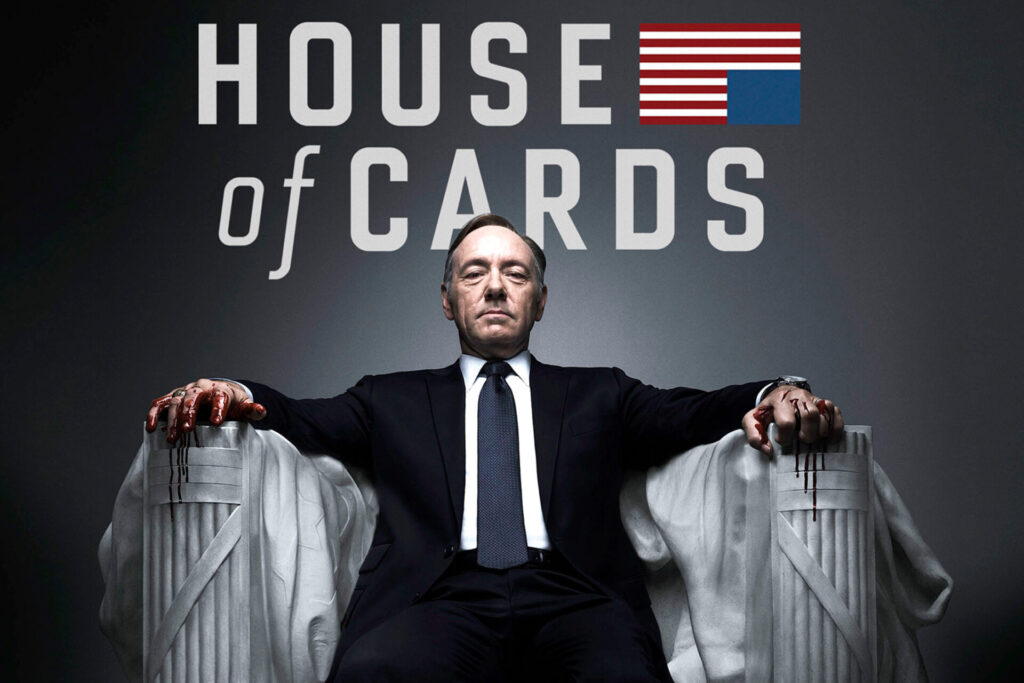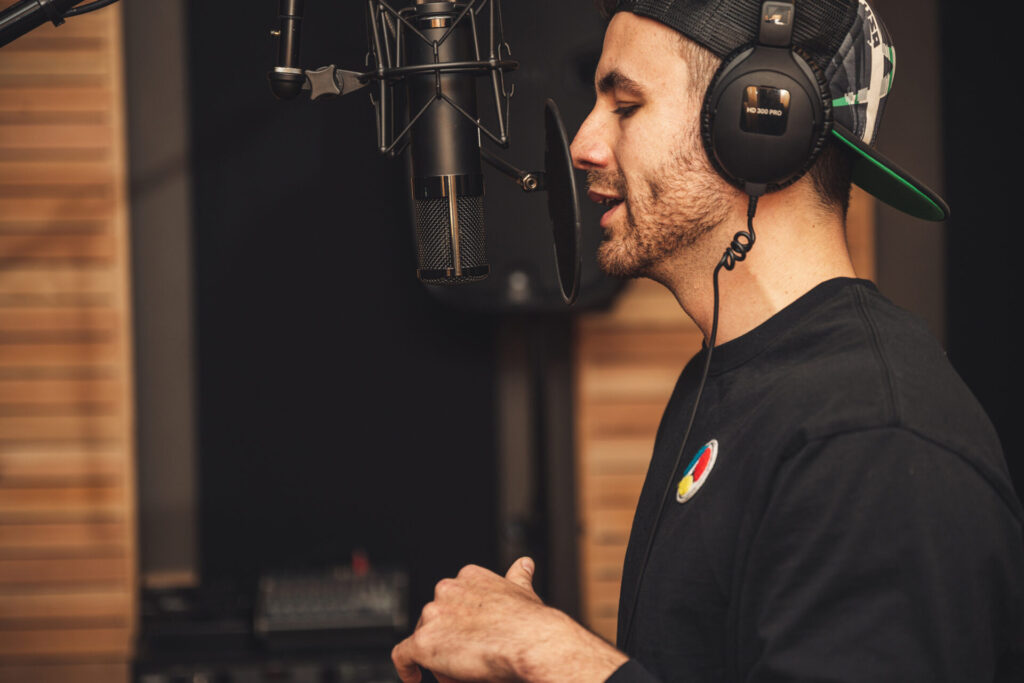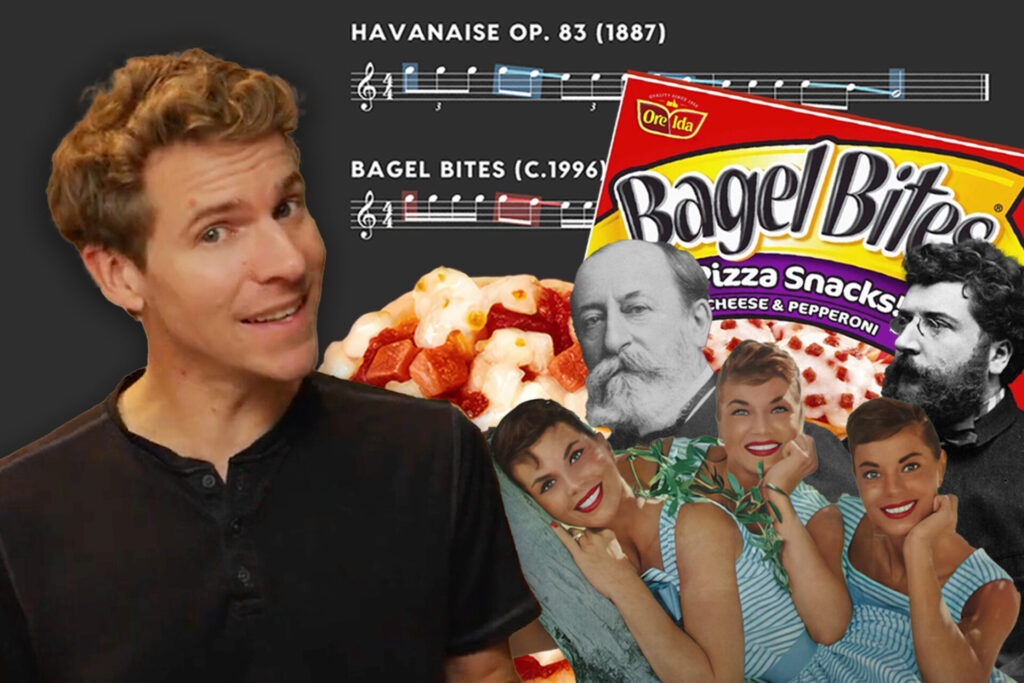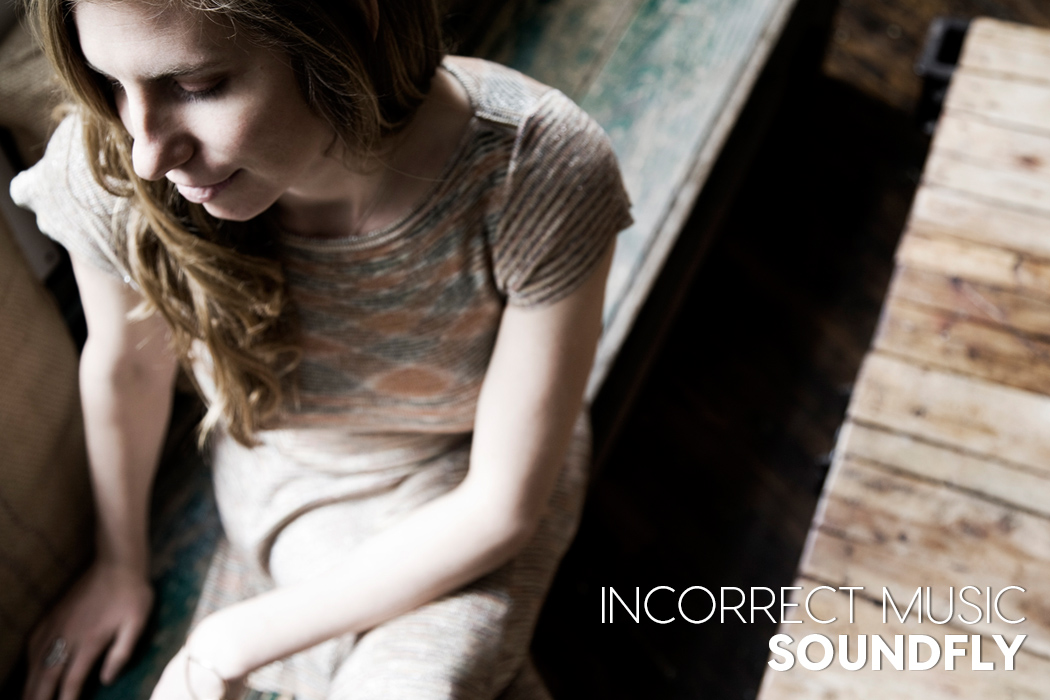
Welcome back to our interview series, Incorrect Music, curated by guitarist, singer, and composer Lora-Faye Åshuvud (of the band Arthur Moon). In this series, we present intimate conversations with artists who are striving to push the boundaries of their process and craft.
Saltland is the solo cello and voice project of Montreal’s Rebecca Foon, who also plays in Esmerine, and has been a member of Thee Silver Mount Zion, The Mile End Ladies String Auxiliary, and Set Fire To Flames. In other words, she’s one heck of a prolific musician. But not only that — Foon is also a dedicated environmental conservation activist and yoga studio owner. She’s a member of the cooperative Sustainability Solutions Group, a co-founder of the Peruvian-based rainforest conservation charity Junglekeepers, and a co-founder/curator of Pathway to Paris, an international concert series bringing together musicians, writers, and environmental activists to help raise consciousness and create action in support of a robust international climate agreement.
If all that sounds distracting and impossible to balance in the life of a musician, it’s not. Climate action and mindfulness are both central foci of her work as a composer. The lush, meandering string passages that make up the song cycle on her latest album, A Common Truth, attempt to balance feelings of hope, optimism, and despair, and orchestrate the vast sensations of atmospheric and glacial shifts in an intimate, personal register. How we must listen to her music is how we must recognize our own responsibilities in order to save this planet from climate change. I’m delighted to share this interview with you.
Saltland’s latest release, A Common Truth, is out now via Constellation Records.
– Jeremy Young
Interview by Nick Schofield
What was Montreal like when you moved to the city at age 17, and how did you become involved in the DIY music community there?
I moved to Montreal from Vancouver, where I grew up, when I was 17 because I was seeking to play music with other like-minded people, and push boundaries outside of my classical foundation. Montreal was a mecca for me — there were so many people to connect and play with, and people were open and so collaborative. It very much shaped me as a musician, my artistic sensibilities, and who I am today.
How do you characterize the differences between the composing processes of your group, Esmerine, and your solo project, Saltland? Both projects released new music in 2017 via Constellation.
Esmerine is very much a collaborative effort. I love the musicians in the group, and they push me to explore outside of my comfort zone, which I also love. Saltland is my own project, and is a safe space for me to write lyrics and sing, and try and come up with song structures within the limitations of the cello and the recording studio. It is a chance for me to dig into the ocean of my own subconscious and see what I can pull out.
Can you walk us through A Common Truth’s timeline?
Pathway to Paris (an organization I started with Jesse Paris Smith) had organized a concert in Paris during COP 21, dedicated to raising awareness around establishing the Paris Agreement. Since then, Jesse and I have been very committed to climate justice and creative solutions to turn the Paris Agreement into reality. A Common Truth was very much born from that desire, and my own hope that the world can transition off of fossil fuels within the limited time that we have. It is also an homage of sorts to a world of renewable cities.
“Saltland…is a chance for me to dig into the ocean of my own subconscious and see what I can pull out.”
I read about your intent to explore the cello as a primary sound source on this album. How did you go about garnering acoustic, processed, and sampled tones from the instrument?
I use my loop pedals a lot to create beds to then sing over top of — this has been a very helpful way for me to explore singing. The first album, I Thought It Was Us But It Was All of Us, had a lot of collaborators working on it, and this one was much more of a truly “solo” endeavor, and a chance to give myself more space to play and create.
A Common Truth features twin compositions “Forward Eyes I” and “Forward Eyes II,” which respectively end the A side and B side of the LP. How do these parallel compositions interact?
Those songs I co-wrote with violinist Warren Ellis. They tie in the same ideas, but “Forward Eyes I” is all strings and Warren plays on “Forward Eyes II.” They definitely are twin songs, and “Forward Eyes II” feels very much like the closure to the album for me.
Can you discuss the cover artwork for A Common Truth? It features an icy translucent stone with its reflection on a pitch black backdrop.
Ian Ilavsky did the design of the album. And the stone on the cover is supposed to be a metaphor for climate change, time, choices, hope, and a symbol for the future — it somehow weaves together all of these themes for me, that are so connected to where we are right now in history.
“When I build loops, the strangest things happen that I would never predict… and entire songs get built on some strange foundation that I had never planned.”
At Soundfly, we love to use the term “incorrect music” to describe the things an artist does that go against people’s assumptions, or even their own instincts, but which yield exciting and unique results. What about your music might you consider to be “incorrect”?
I would say when I build loops, the strangest things happen that I would never predict… and entire songs get built on some strange foundation that I had never planned. This is very much the case for the song “A Common Truth.” Jace [Lacek] (who co-produced the album) and I in the studio could not believe what was happening — it was almost like the song was writing itself, and we were just helping to facilitate that process.
How was it working with the acclaimed multi-instrumentalist Warren Ellis on the album? Are there any special moments that come to mind in your collaboration?
Warren and I would send tracks back and forth virtually because he is based in Europe. We had been hoping to make a record of some sort for years, so it was a real pleasure to finally be able to collaborate “in the studio” together, even if from a distance. It was all very organic and unplanned, but we were both surprised by how organic it was to work together and how well our sounds came together — a very natural collaboration.
You are also an ardent activist with a number of organizations. Do you have any updates on your ongoing initiatives? And do you have any insight or encouragement for how artists can express sociopolitical views via their artistic practice?
I think at this time in history, it is important for artists to speak out and inspire others to share their voice, as we really do not know what lies ahead for us…. But we do know that it is a wild time out there and time is of the essence. Pathway to Paris remains very committed to doing whatever it can to help turn the Paris Agreement into reality and to call on leaders to make bold moves.
If you want to get involved in the movement to get rid of fossil fuels and move towards 100% renewable energy, please sign our 1000 Cities petition and urge world leaders to listen to our campaign.
Your career as a composer, performing cellist, and activist is extremely commendable. Thank you for all your words and artwork. Is there anything you would like to add?
Oh, that is very sweet! I would just like to encourage all of us to continue to be truthful and share our passions and love with the world, as the world is truly in crisis and we all need as much love as we can find in ourselves and with each other. To boundless love and compassion for us all!
Want to get all of Soundfly’s premium online courses for a low monthly cost?
Subscribe to get unlimited access to all of our course content, an invitation to join our members-only Slack community forum, exclusive perks from partner brands, and massive discounts on personalized mentor sessions for guided learning. Learn what you want, whenever you want, with total freedom.
—
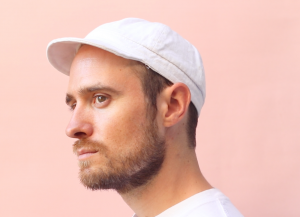
Nick Schofield is a Montreal-based musician, producer and radio host with a BFA in Electroacoustics from Concordia University. He has performed at SXSW, Constellation records, Sled Island and the Banff Centre with his music projects Saxsyndrum, Best Fern and Rêves Sonores. Nick also hosts Underground Sounds on CKUT, a long-standing show that promotes local independent music (voted #1 Radio Host since 2014 in Cult Montreal).
